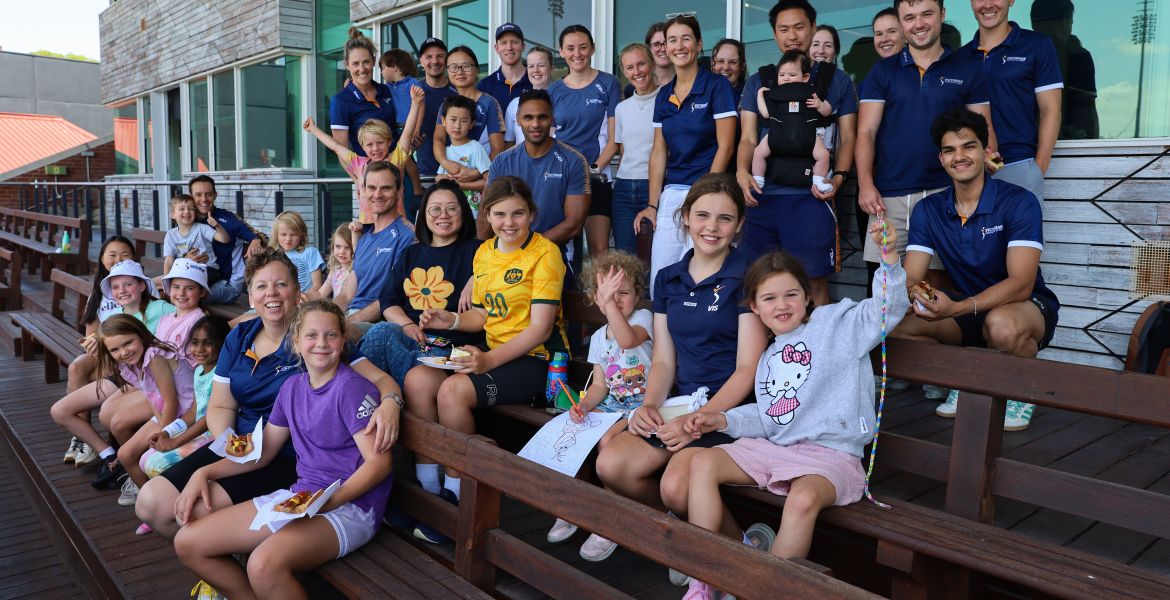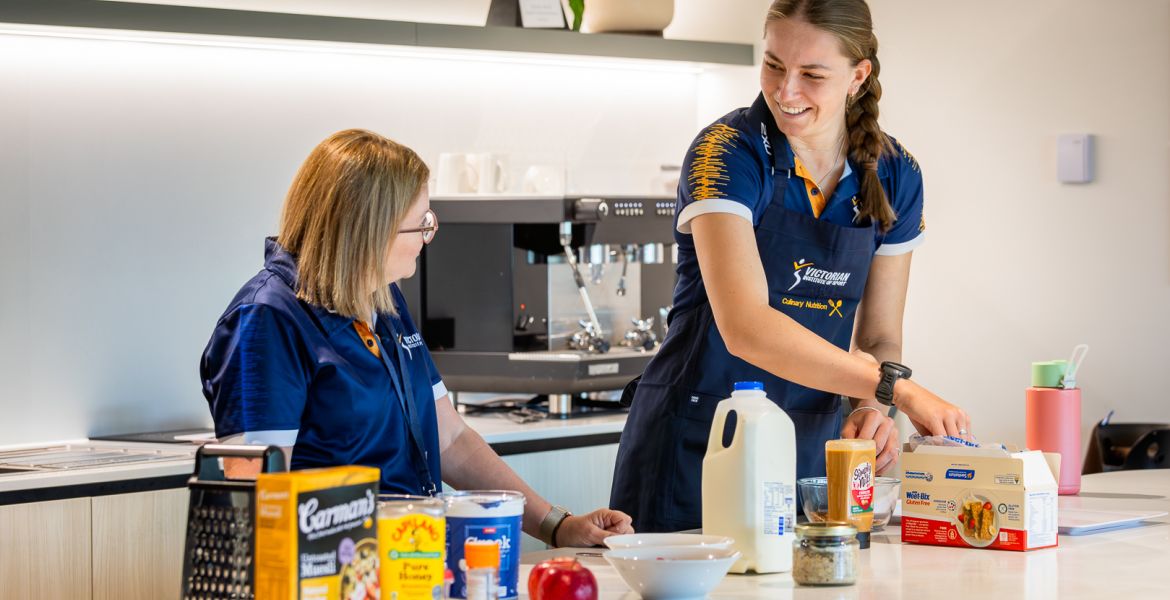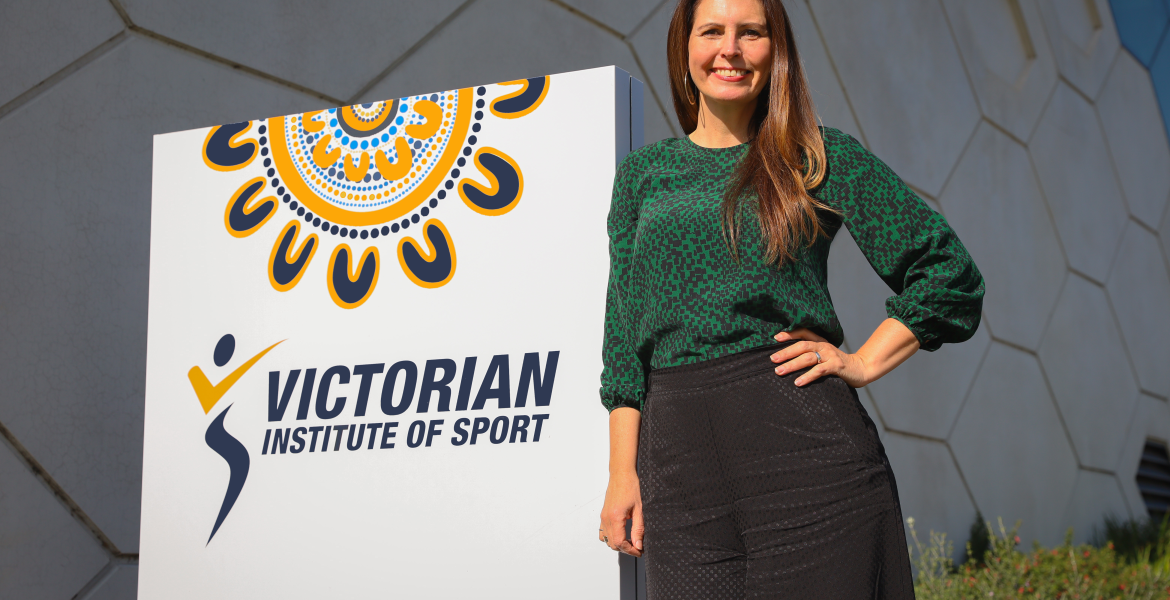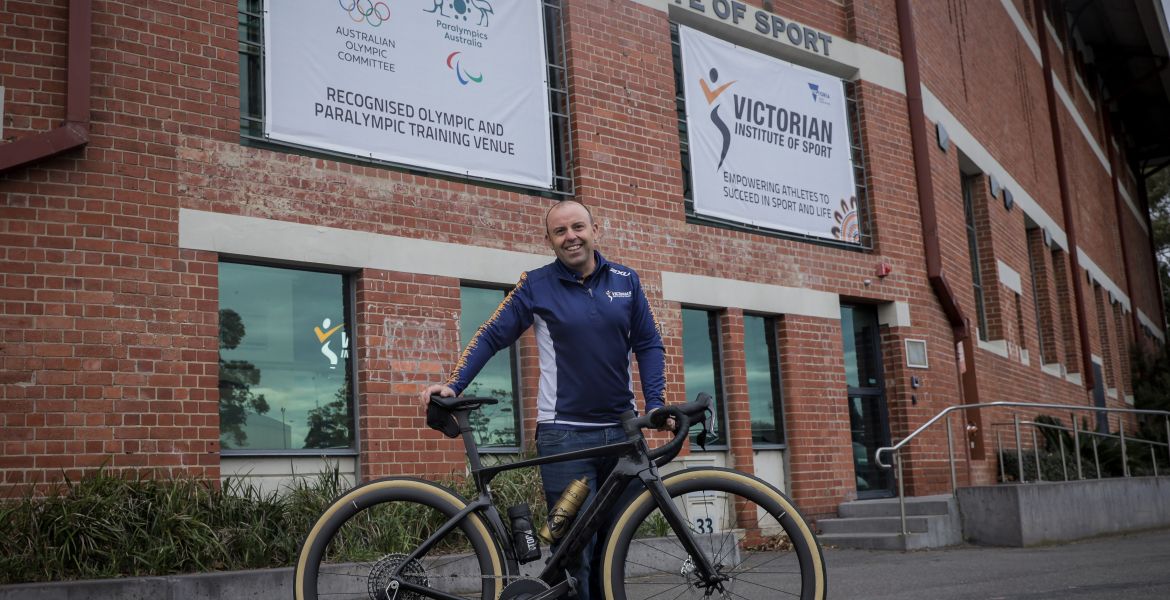Put simply, an ally is someone who supports and advocates for the equal treatment of a community other than their own. Some allies are vocal while others are quiet supporters; both are valuable.
The LGBTQIA+ community encompasses a varied population that deals with prejudices and a unique set of challenges. While we have seen tremendous progress in the fight for LGBTQIA+ equality, inclusion, and rights worldwide, the reality is that they are far from being fully equal in every aspect of society.
Being an LGBTQIA+ ally is not only about acknowledging the queer community, but about advocating for their rights and welfare, speaking up for them and providing them with a safe space.
Sylvie Withers, Project Manager for Innovation and Research at the Victorian Institute of Sport is an active and vocal ally for the LGBTQIA+ community.
Sylvie grew up in a small country town with an older brother, Matthew, who is gay.
From a young age, she saw how homosexual people were marginalised – Matthew suffered from horrific bullying and discrimination.
Sylvie was also bullied, by association.
The then Grade 7 student vividly remembers pitying the bullies but “didn’t bite back” and remained silent, for fear they would only make Matthew’s life worse.
Sylvie regrets not standing up to the ‘pathetic’ bullies but has used her experiences to lay the groundwork to become an ally for the rainbow community.
While allyship started from an innate instinct to protect her brother, it has since become a passion and greater learning journey, along which she has experienced plenty of challenges and opportunities.
“I think it all starts with listening, then doing,” she said.
Being an ally means being an intentional and active listener - it’s simple and anyone can do it, but it’s important.
“The only way you can advocate for people is to truly listen to what they have to say – sometimes you may need to ask questions, sometimes you may need to hear how you can change or promote change, and sometimes it may just mean being present for them.”
There is so much to unlearn and learn – and mistakes are expected, but Sylvie’s message is clear.
“People appreciate when you make the effort, so don’t let the fear of making a mistake prevent you from connecting with them or speaking out against maltreatment.”
She assures us that if you are approaching diversity and inclusion with positive intent, this will show through.
“If there is something you don’t understand, educate yourself. There are plenty of resources available to help with the learning process. The Minus18 website is a great place to start, and books, podcasts and diversifying your social feeds all help.”
LGBTIQA+ people live in a world where assumptions, judgements, stereotypes and misinformation mean that their lives are often up for public debate and discussion. The experience of LGBTIQA+ people needing to correct assumptions can be emotionally exhausting.
“People regularly make assumptions about people based on what they look like, sound like, what they wear or past relationships.”
But Sylvie reminds us that we never know how someone identifies simply based on visual appearances.
“We should presume that we do not know and be open to learn about a person. Avoiding assumptions means you provide space for people to disclose details about their life – should they wish to.”
Furthermore, using neutral language and being aware of the unique vocabulary and needs related to LGBTIQA+ identities and understanding how to use specific terms is critical towards building inclusivity.
In summary, being a good ally means championing LGBTIQA+ communities, being aware of inequality and calling it out where it exists and creating safe and inclusive spaces. Above all, it means listening to the communities’ experiences, and affirming and elevating their voices.
An allyship is an active journey, marked by authenticity – it can be uncomfortable, as it involves being willing to confront your own assumptions and biases. Be OK with that, and keep trying, as by doing your part to become the best ally you can be, you help create a stronger and more inclusive community.
For more information about how you can be an active ally and other ways to support the LGBTIQA+ community, check out the Minus18 website.
As part of the Victorian Institute of Sports commitment to supporting gender equity and diversity in the workforce, we developed our first Gender Equality Action Plan 2022-2025 (GEAP).
The vision of our plan is "We are committed to creating and reaffirming a gender inclusive culture that empowers our people and encourages diversity within our organisation. We aim to be an employer of choice for equal opportunity and inclusion and will strive to improve the opportunities, experiences and outcomes for all women, men and gender diverse people."
Read the full VIS Gender Equality Action Plan 2022-2025 here.
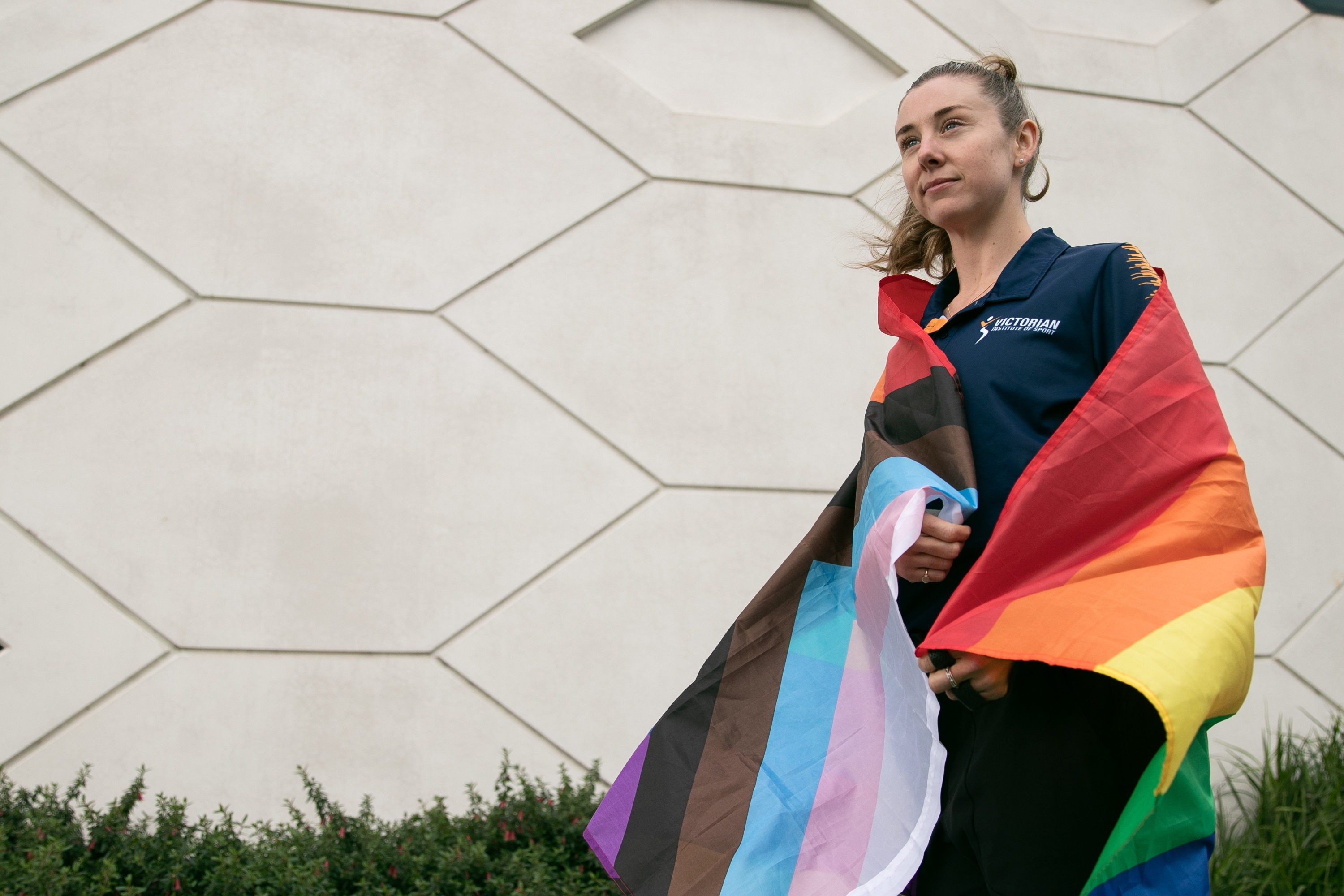
Image: VIS Paralympic rower, Al Viney, wearing her LGBTQIA+ flag. Taken in celebration of Pride Month in 2023.
Cover Image: Sylvie Withers at the 2024 VIS morning tea celebrating IDAHOBIT Day.


